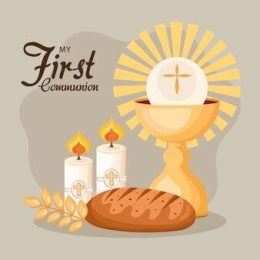The cuckoo (‘an chuach’) holds a special place in Irish folklore, and is associated with many traditions and beliefs. The cuckoo is intimately linked with the changing of the seasons, particularly signalling the start of summer and its eventual end.
The cuckoo arrives in Ireland typically around April and departs by the end of summer, making it a natural marker of the passing seasons. It is said that “the cuckoo comes in April, she sings her song in May, then in June another tune, and in July she flies away.”
The cuckoo’s song is one of the most recognisable and well-known of all Irish bird species. The cuckoo’s song period is late April to late June, and its call is often mentioned in Irish poems, songs, and stories, symbolising not just the promise of summer but also transformation and change. We associate the cuckoo’s call with summer approaching, the days growing longer, the weather warming, the blooming of flowers and the sowing of crops.
Irish folklore is rich with references to the cuckoo and its role as a seasonal marker, and much hung on the arrival of the cuckoo. Some people said that if you didn’t hear the cuckoo by the end of May, “you wouldn’t live another year”. If the cuckoo arrived before you had your crops sowed, you would be classed as a “cuckoo farmer”, meaning you were seen as being a bit lazy. Oats sown after this time were referred to as “cuckoo oats”, while a lamb born after this date was known as a “cuckoo lamb”.
One popular belief was that you should have money in your pocket the first time you hear the cuckoo to ensure prosperity throughout the year. In Donegal, anything out of the ordinary was termed “a winter cuckoo”.
This “seanfhocal” (proverb) also links the cuckoo with a bad harvest:
"Má ghlaonn an chuach ar chrann gan duilliúr, díol do bhó agus ceannaigh arbhar."
In other words, if the cuckoo calls from a tree without leaves, sell your cow and buy some grain!
